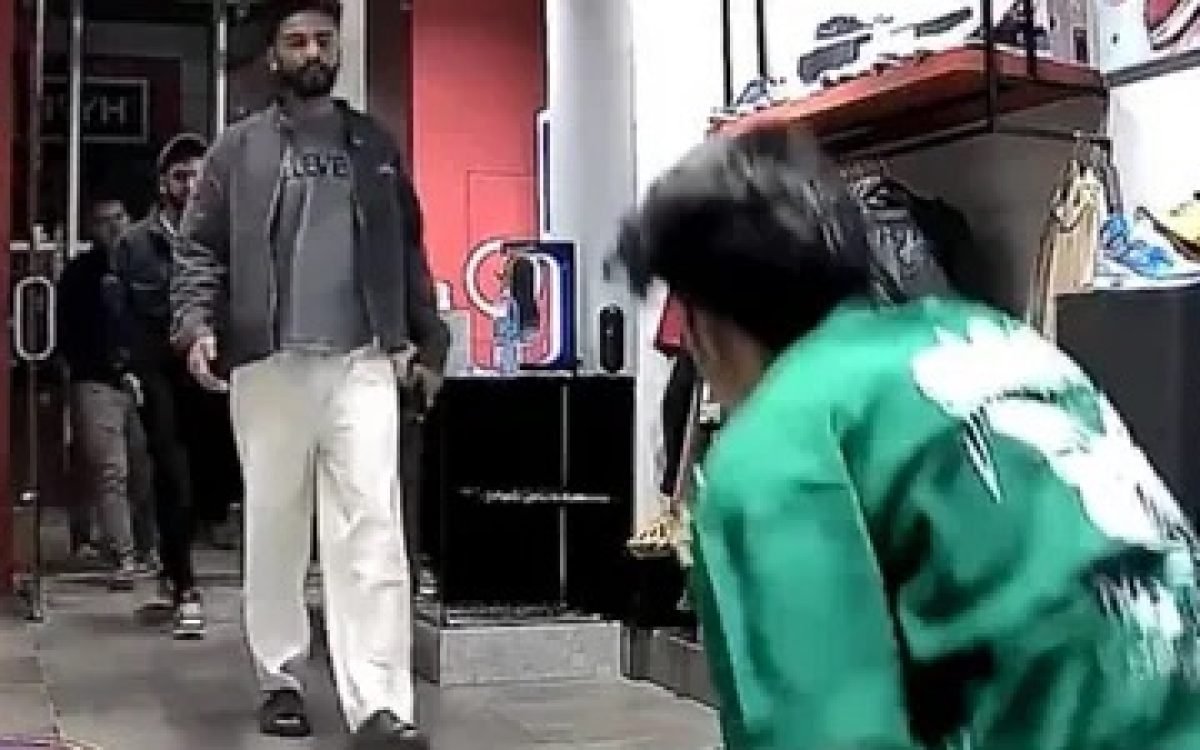In recent days, the online world has been abuzz with the controversial incident involving popular YouTuber Elvish Yadav and fellow content creator Maxtern (Sagar Thakur). A video depicting Elvish Yadav allegedly assaulting Maxtern has sparked a heated debate across social media platforms, prompting intense scrutiny and a subsequent FIR against Elvish Yadav.
The video, capturing the altercation between the two YouTubers, has triggered widespread condemnation from netizens, who have called for Elvish Yadav’s arrest and have even tagged Haryana chief minister Manohar Lal Khattar in their demands for action.
However, the situation is far from black and white. In his clarification statement, Elvish Yadav shed light on the events leading up to the altercation, revealing a backstory fraught with tension and provocation. According to Elvish, he was driven to his breaking point after enduring months of harassment and threats from Maxtern, culminating in a chilling ultimatum to harm his parents.
While violence is never justifiable, it’s crucial to examine the context surrounding the incident. The online realm, particularly the YouTube community, is no stranger to drama and feuds. Behind the glossy facade of entertaining content lies a landscape rife with competition, egos, and personal vendettas. The pressure to maintain relevance and engage audiences often fuels conflicts that spill over into the public domain.
The incident involving Elvish Yadav and Maxtern underscores the need for a nuanced understanding of digital dynamics and the impact of online interactions. The virtual realm, with its anonymity and accessibility, can amplify emotions and escalate conflicts with alarming speed.
Furthermore, the role of social media in shaping public opinion cannot be understated. The viral spread of the video catalyzed swift condemnation and calls for justice, highlighting the power and pitfalls of digital activism.
As the authorities investigate the matter and the online community grapples with its aftermath, it’s imperative to prioritize dialogue, empathy, and accountability. Rather than resorting to knee-jerk reactions and sensationalism, we must strive for a balanced perspective that acknowledges the complexities of human behavior and the fluid nature of online relationships.
Ultimately, the Elvish Yadav controversy serves as a sobering reminder of the need for responsible digital citizenship and the importance of fostering a culture of respect, civility, and understanding in our increasingly interconnected world. Only through open dialogue and collective introspection can we navigate the complexities of online discourse and work towards a more inclusive and compassionate online community.









